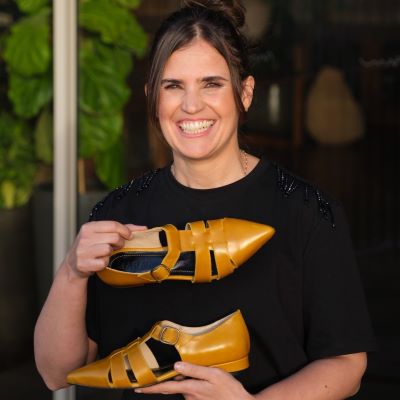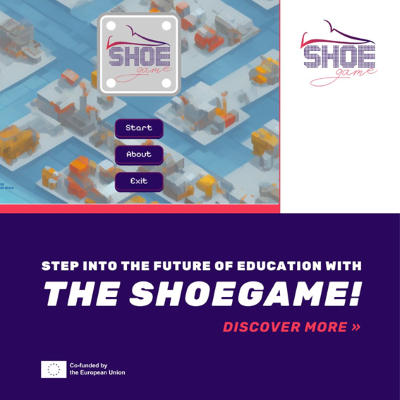Learning factories: Portugal leads the way in training

“Putting companies at the forefront of the training process” is the aim of the European training project Learning Factories, under the Erasmus+, led by the leather goods company Belcinto and supported by the Portuguese Footwear Technology Centre (CTCP)
The cornerstone of this project is to give companies a greater role, allowing them to organise and think about training. According to Rita Souto, CTCP’s training manager, “Companies are capable of being responsible for their training process. They can organise training according to their needs since they know their processes and their people better”. Souto also argues that “in this way, companies end up being more committed to training and are no longer passive agents, but protagonists”.
But beyond new short-term training courses and training content, the aim is to “develop a different training model in which companies and training providers work more closely together” to get the training they are most interested in.
This initiative is in line with the recently presented Footwear Cluster Strategic Plan 2030. In its axis 1, Qualification of People, it is stated that “the training of the cluster’s human resources can’t be done without the involvement of the companies. It’s important that the training activities carried out meet their needs, and this requires, at the very least, their careful consultation. However, in some cases, and this is what we want to encourage, companies can take responsibility for organising their training activities internally and become real learning factories”.
Ana Maria Vasconcelos explains that “this is the first time that Belcinto is coordinating an Erasmus project. In the previous project, where we were partners, we were challenged by the Erasmus Agency to compete as promoters, so that new names could appear to lead these projects; we’ve always had some dreams that we’d like to see come true, and the Learning Factories project is something that really appeals to us”.
Training is one of the cornerstones of the São João da Madeira leather goods company. After taking part in the LEIA project, where the CTCP was the coordinator, in this Learning Factories project, Belcinto is taking on the role of coordinator, while the CTCP is one of the many partners. Ana Maria Vasconcelos believes that the collaboration between the two is “always very intense”.
“We have common goals and the objectives of the project go beyond the individual interests of each organisation, so we don’t see any difference in roles. We have always received from the CTCP all the cooperation that their extensive experience in this field can bring so that the projects are successful, and we can perhaps bring the Learning Factory project back to the same level of excellence”.
A solution for the future?
“These projects, in which partnerships are a key asset, are also a way for companies to open their doors to the outside world and gain access to a wider knowledge of what is being done abroad, in countries with different cultures and therefore different approaches”, argues CTCP’s training manager.Other companies in the industry already have similar projects, albeit on a smaller scale, such as the components company ALOF with the ‘ALOFT Academy’ or CEI with ‘CEI Competences’.
Rita Souto believes that companies should take responsibility for “networking their training processes and seeking support from other relevant bodies”. This will not only allow “greater commitment to the process, but also a greater capacity for internal knowledge”.





















